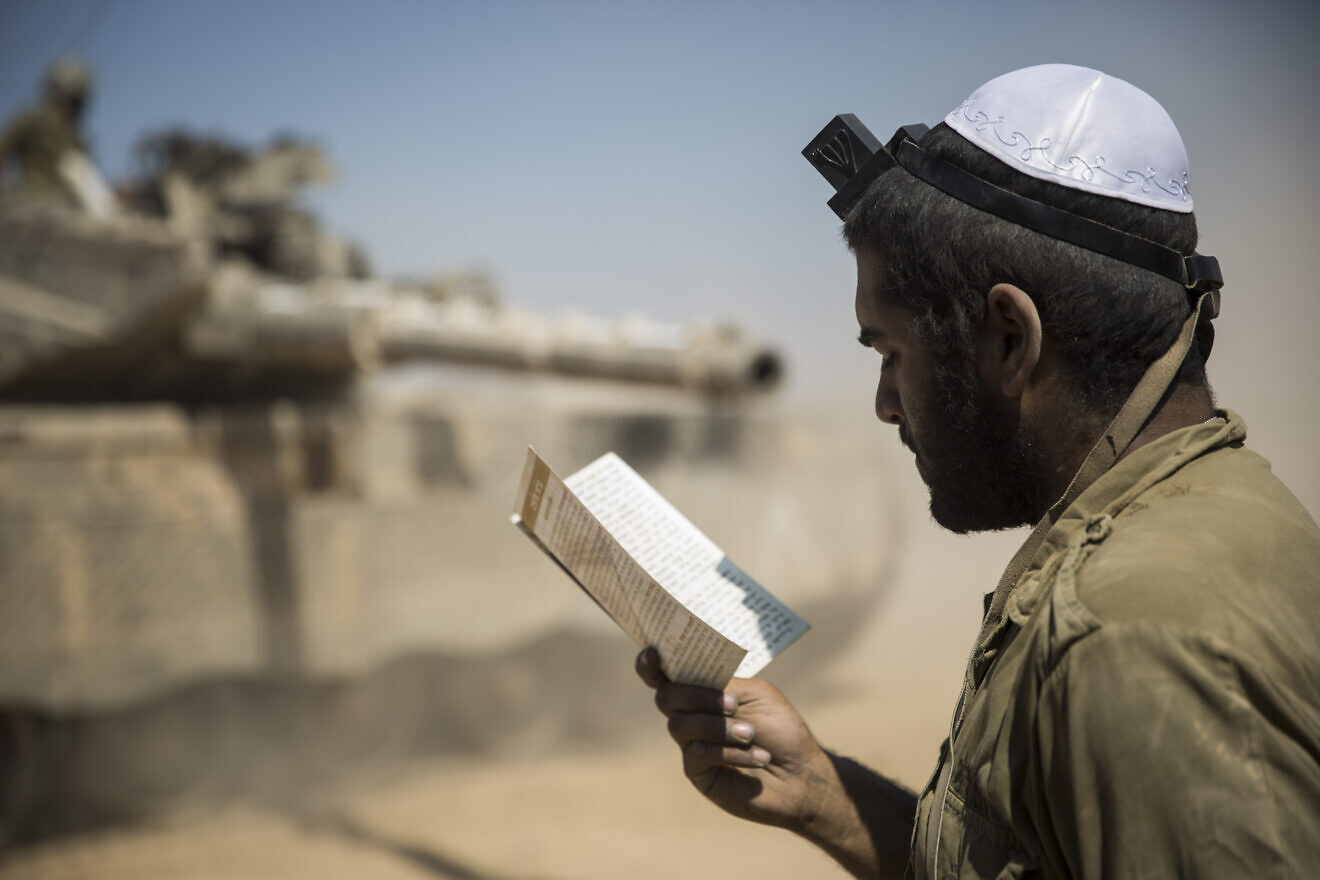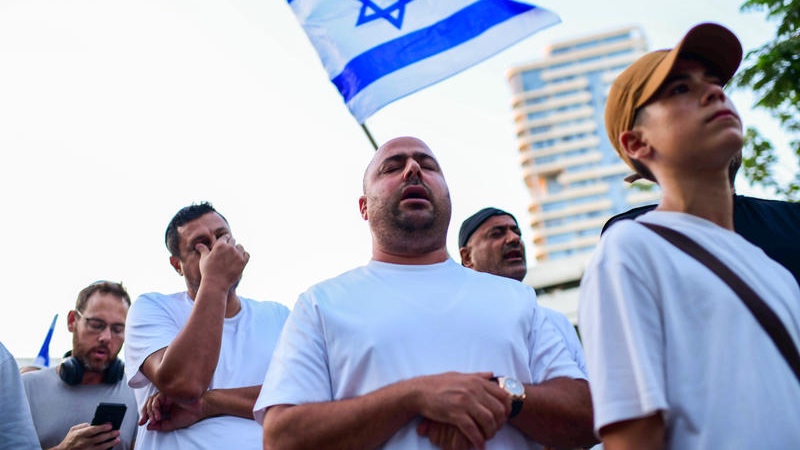The war against Hamas has triggered a notable spiritual and ideological transformation among young Israeli, with a growing number embracing religious practices and right-leaning political views, according to a new survey by the Jewish People Policy Institute (JPPI).
The data shows that 33% of Jewish Israelis aged 25 and under report an increase in religious observance since the outbreak of the war—compared to 27% of the general Jewish population. The surge is even more pronounced among young Jews identifying as “traditional, somewhat religious,” where a majority (51%) say they’ve intensified their religious practices.
Prayer has seen the sharpest rise, with 38% of Jewish youth reporting they pray more frequently. Other expressions of faith, including Bible reading (26%), synagogue attendance (14%), and lighting Shabbat candles (14%) have also grown. Overall, 35% of young Jews say their belief in God has strengthened during the war.
See related: Returned hostages found God and faith in captivity
This religious reawakening comes hand-in-hand with a political shift. The share of Jewish Israelis identifying as “hard right” nearly doubled from 11% to 19%, while those leaning “right” rose from 24% to 28%. Even among self-identified leftists, nearly half admitted to drifting politically rightward in recent months.
Interestingly, the pattern was reversed among secular Jews, many of whom reported decreased religious observance and a weakening of faith since the war began.

An Israeli soldier prays in an IDF staging area near the border with Gaza, July 27, 2014. Photo by Hadas Parush/Flash90.
The survey also polled Israeli Arabs and found notable, if less dramatic, religious shifts. About 23% reported deepened engagement with traditional customs during the war. Increases were reported in prayer (32%), modest dress (12%), and participation in church or mosque services (10%). Some 37% said their faith in God had grown—outpacing the increase among Jewish respondents.
JPPI President Shuki Friedman said the data reflects a trend already visible in Israeli society: “Many in Israel—especially among the young—feel that the war has connected them more deeply to tradition and to Jewish identity,” he said. “Not necessarily in a halachic sense, but in a way that’s more present in their daily lives and in the public space.”
While it remains to be seen whether these shifts are temporary or enduring, the study paints a picture of a society undergoing rapid cultural recalibration, with the trauma of war fueling both spiritual reflection and political hardening.
Want more news from Israel?
Click Here to sign up for our FREE daily email updates














